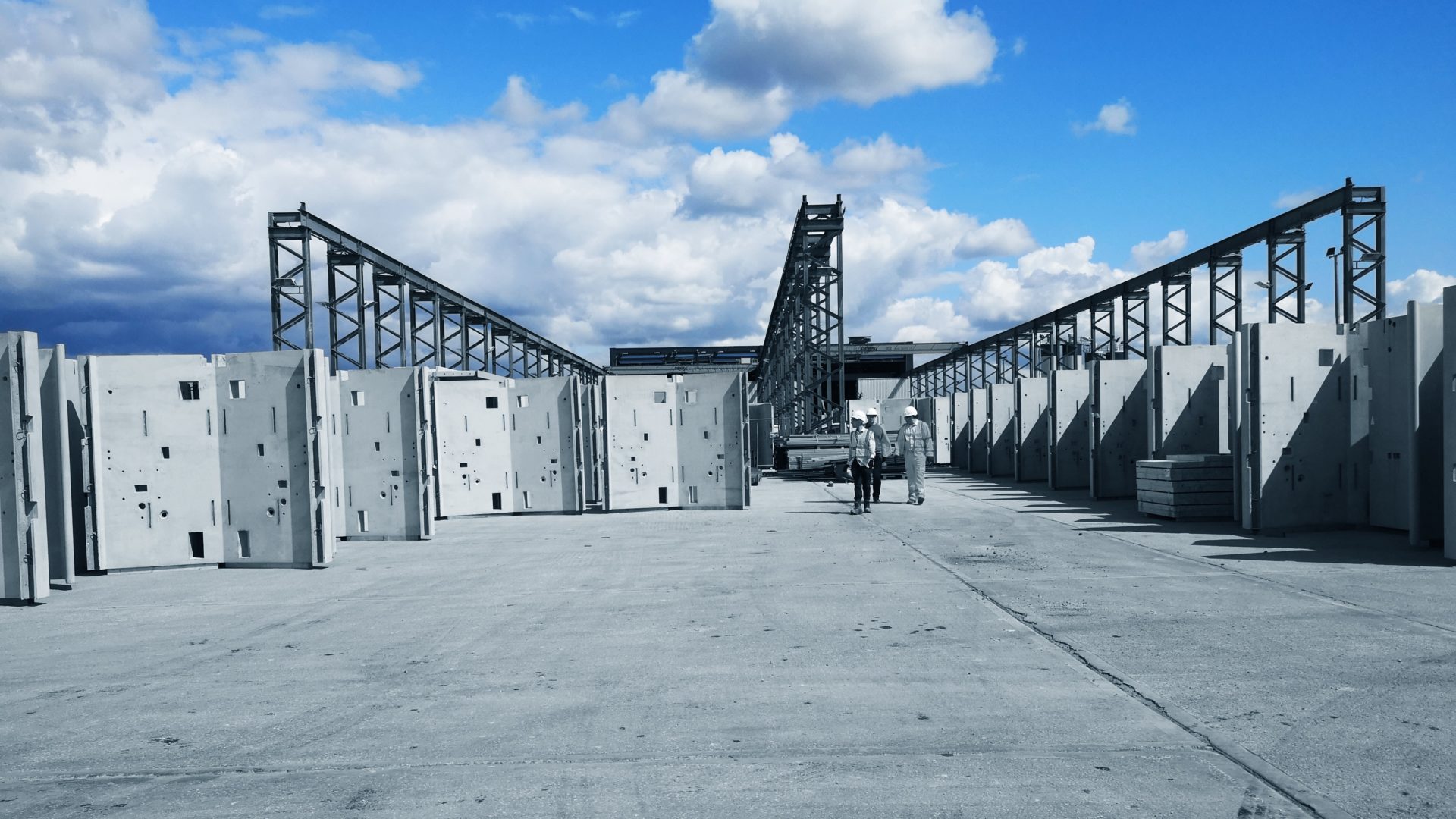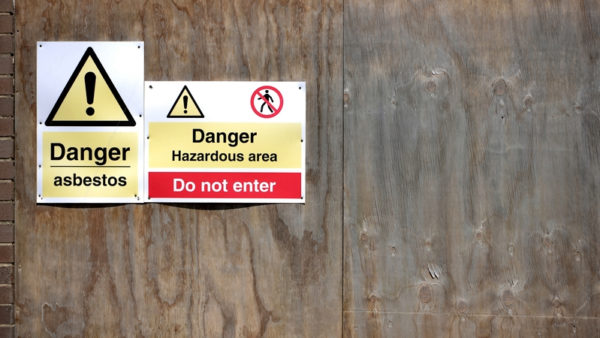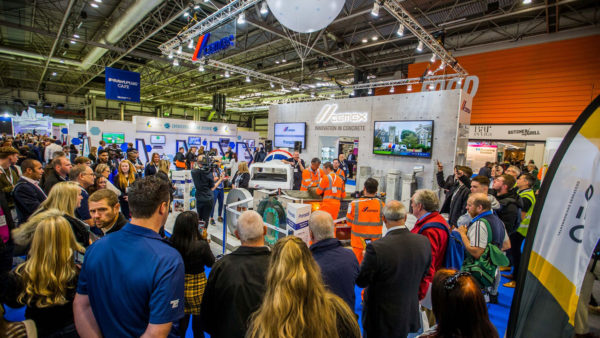
A group of UK-based construction firms has embarked on a research project aimed at reducing the carbon emissions from precast concrete.
Design-for-manufacture firm Akerlof, materials company Forterra, superstructure and façade construction specialist PCE, engineer Curtins, and sustainability consultants Accelar, are all working on the Innovate UK-funded pilot, which is supported by the Ministry of Justice (MoJ) as part of its future capital programmes.
The Decarbonising Precast Concrete (DPC) project comes as the focus on embodied carbon within buildings increases, with construction accounting for 11% of UK emissions, according to the World Green Building Council.
It builds on the learning from recent research-based studies on ways to both reduce concrete used and apply lower-carbon concrete mix types, applied against a real-life project. The integrated team has addressed gaps along a typically fragmented supply chain, to enable iterative testing, data capture and detailed analysis at each stage in engineering an optimised system.
The project is being benchmarked against the performance of the MoJ’s existing delivery methods. The project outcomes are intended to be transferable to other sectors and development types, including student and rental housing, and major health and education infrastructure.
The DPC project is made up of three stages:
- Design Solution Optimisation – minimising material use at the source
- Material Development and Testing – incorporating use of novel cement and/or clinker substitution technologies and admixtures
- Production and Logistics Review – identifying opportunities for improvement in carbon emissions.
The pilot’s findings and recommended future methodology, expected to be released in June, will be shared with the sector.
John Handscomb, founding partner, Akerlof, said: “We urgently need to find ways to decarbonise the delivery of the UK’s future infrastructure and buildings, with solutions that are commercially competitive. This pilot brings together innovators from each stage of the process to tackle this challenge directly through a real-life project. We are extremely hopeful that in demonstrating significant carbon reductions we will be able to formalise a project model that can enable others across the industry to apply to their development pipelines, to deliver better outcomes.”
Stephen Harrison, Forterra CEO, said: “This is a UK team, backed by UK innovation money, trialling a way to help UK construction lower its carbon emissions – a vital focus to keep our climate goals within reach as recovery measures stimulate the sector to increase building.”
Simon Harold, business development director, PCE, added: “By looking in the round at one important aspect of delivering today’s buildings, we are confident we’ll find a relatively simple, cost-effective and eminently scalable way to reduce carbon emissions, benefitting our clients’ communities as well as contributing to the UK’s efforts to hit its net zero carbon target.”
Gareth Jones, head of MMC & technical services, Ministry of Justice, said: “This study demonstrates how collaboration through the supply chain can bring subject matter experts together to develop innovative solutions for decarbonising. We look forward to utilising and embedding such solutions in the MoJ’s New Prison Programme.’’
Comments
Comments are closed.










The binder is of course OPC – good luck with decarbonising the production of that.
There must be a relatively quick-win to be gained by designers developing dimensionally tighter designs; also increased bespoke designs to improve structural leanness i.e. use less material (concrete/steel).